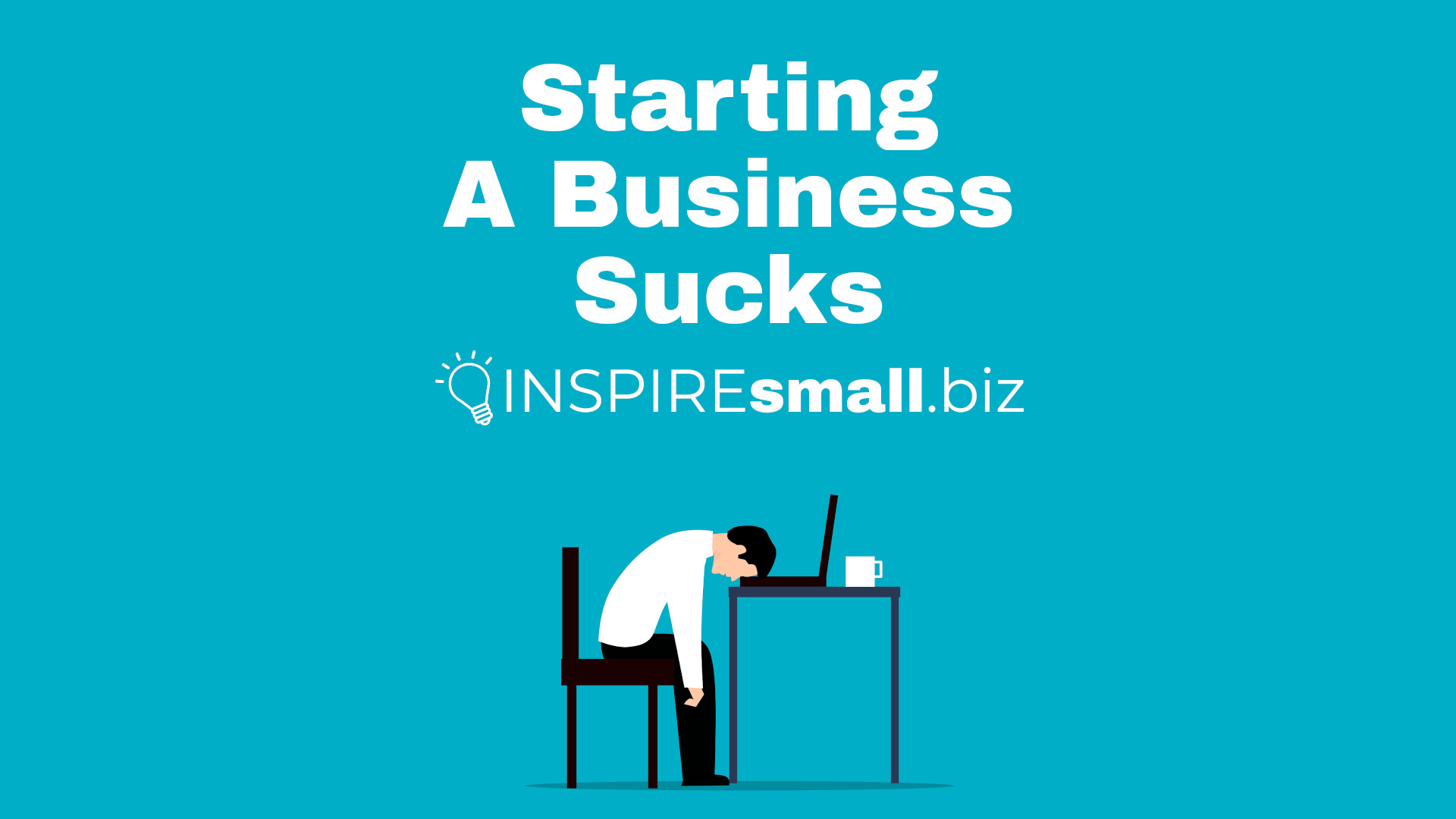Starting a business is an exciting but challenging endeavor. You’ll quickly learn that it takes more than a great product or service to make your business succeed. In this article, we’ll talk about 12 steps you should take to get your business started on a solid foundation.
Research Your Market
Identify a business idea that solves a problem or meets a need. Research the market to understand your target audience, competition, and industry trends. Refine your idea based on your research findings. Check out this video on Identifying Your Best Prospects.
Write Your Business Plan
Create a detailed business plan outlining your business goals, target market, value proposition, revenue model, marketing strategy, operational plan, and financial projections. A well-structured business plan can help you secure funding and provide a roadmap for your business’s growth.
Choose Your Legal Structure
It is highly recommended that you do not operate your business as a Sole Proprietor. Doing so would leave your personal assets at risk if the business was to fail, or if your business gets sued. Choose a legal structure for your business, such as a partnership, limited liability company (LLC), or corporation. The choice will impact your taxes, liability, and other legal aspects. You’ll want to consult an attorney in your area for help making the best choice for your business needs.
Register Your Business
Register your business name with the appropriate government agency and obtain any necessary licenses, permits, or certifications for your industry. You’ll likely need to obtain a Retail Merchant’s license and collect sales tax. Just like choosing your legal structure, you’ll want to consult with an attorney to make sure your business is following all Federal, State and local laws.
Financing
Determine how much capital you’ll need to start and run your business. It takes time to build business credit that doesn’t require a personal guarantee. Check out this presentation from John Baird on Building Business Credit to learn how to get started. Explore funding options, such as personal savings, loans, grants, venture capital, or angel investors.
Location and Infrastructure
Decide on a physical location if your business requires one. For service-based businesses, you may want to consider a coworking in your area. Coworking spaces are an affordable way to establish an office without adding all the expenses associated with having your own office. If your business requires your own space, look at details such as the lease terms, utility costs and insurance. You’ll also want to make sure the demographics of the location you choose have a large group of your ideal prospects.
Branding and Marketing
Develop your brand identity, including logo, colors, and brand messaging. Create a marketing strategy to promote your products or services to your target audience. Establish an online presence through a website and social media profiles. Watch this video on Creating Your Brand Guide.
Product or Service Development
If you’re offering products, source suppliers and manufacturers. If you’re providing services, develop service offerings and pricing structures. When pricing your products and services, make sure to account for all your overhead costs such as labor, building expenses and business supplies. For more help on how to price your services, check out the formula we’ve put together for pricing your services.
Hiring and Team Building
Before hiring any employees, considering their roles and responsibilities. Work with a Human Resources expert to develop an employee handbook and ensure you’re following all of the regulations your business is subject to. Once everything is in-place, build a strong team with the right skills and mindset to support your business goals.
Launch Your Business
Launch your products or services to the market and execute your marketing and sales strategies to attract customers. If your business has a physical location, plan a grand opening sale that you promote ahead of the big day. Send a press release to your local Chamber of Commerce, Economic Development Corp, and media outlets announcing the opening of your business.
Operations and Growth
Continuously monitor and adapt your business operations based on customer feedback and market changes. Seek opportunities for growth and expansion as your business stabilizes. You’ll likely learn how to make your business run more efficiently as you identify areas to improve.
Legal and Financial Compliance
Keep accurate financial records and manage your finances responsibly. Stay updated on tax regulations, business laws, and compliance requirements. This is where working with an accountant or bookkeeper will help you stay on-top of the financial health of your business.
Conclusion
Remember that starting a business involves risk, hard work, and persistence. Surround yourself with a supportive network, seek advice from mentors and industry experts, and be prepared to learn and adapt along the way. Every business journey is unique, so be open to adjustments and opportunities as they arise.



